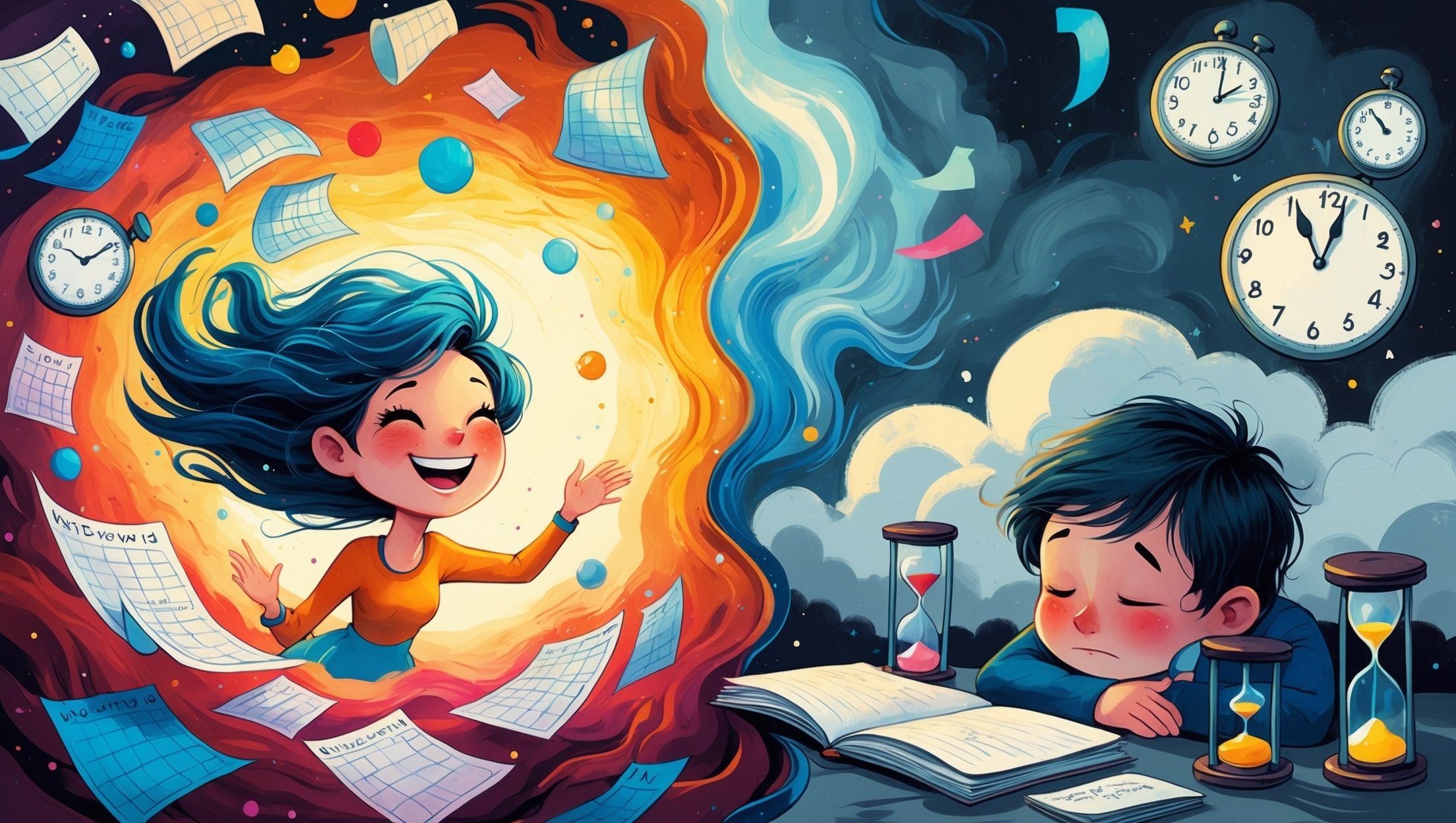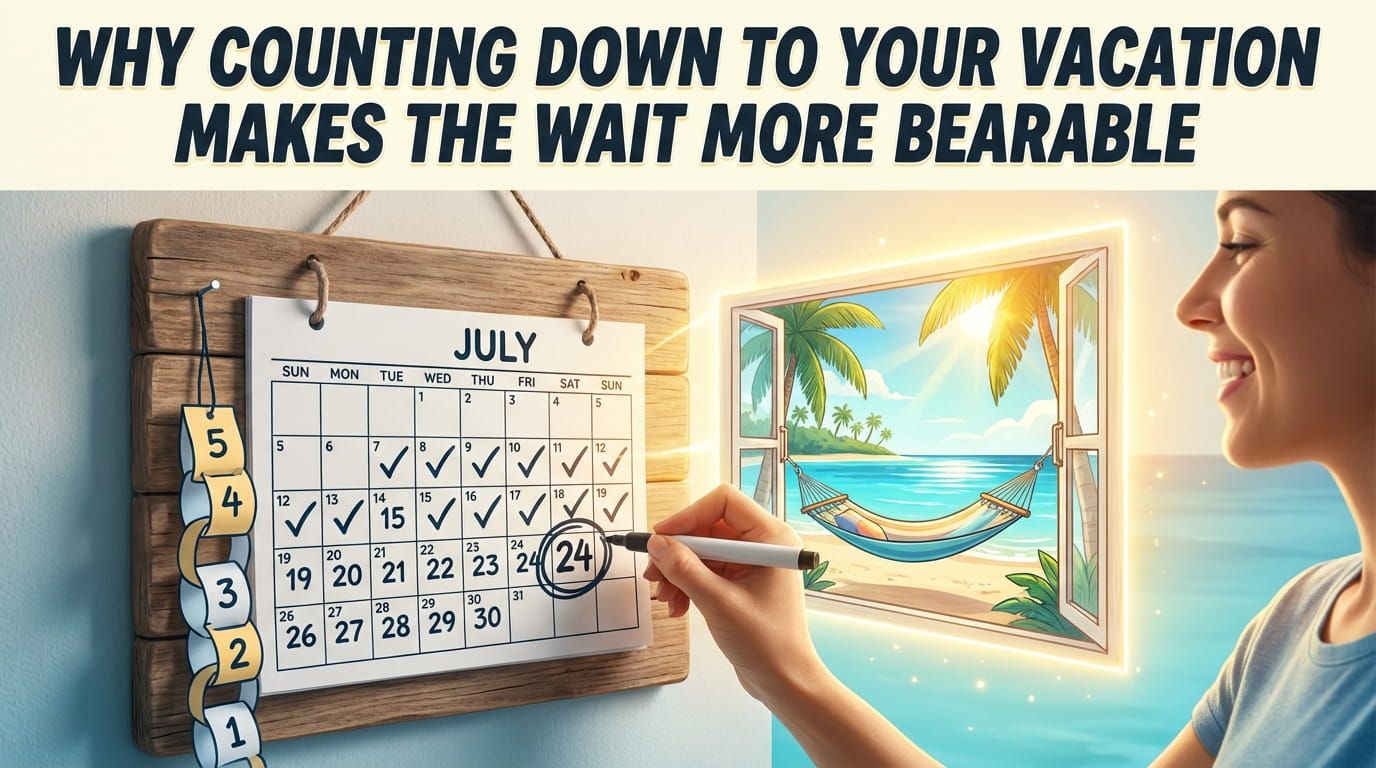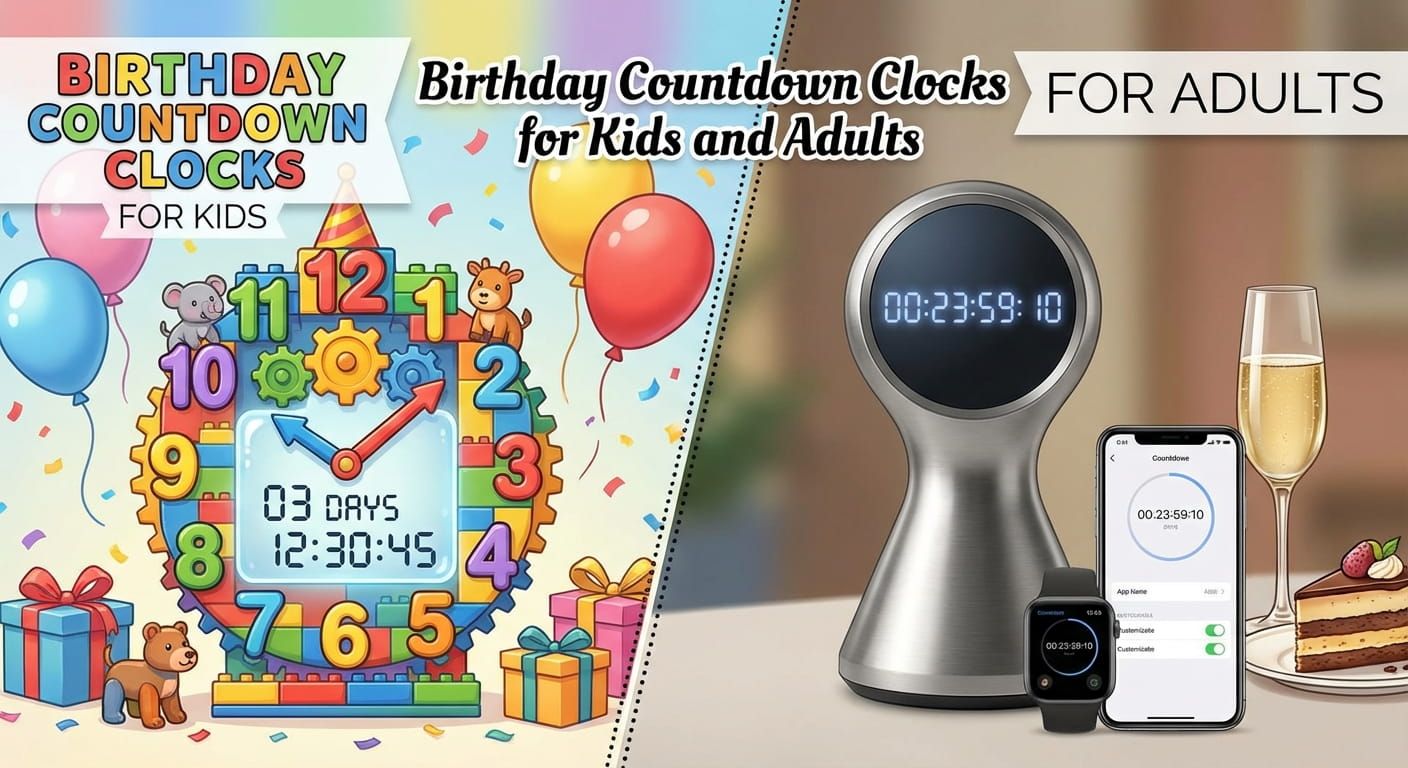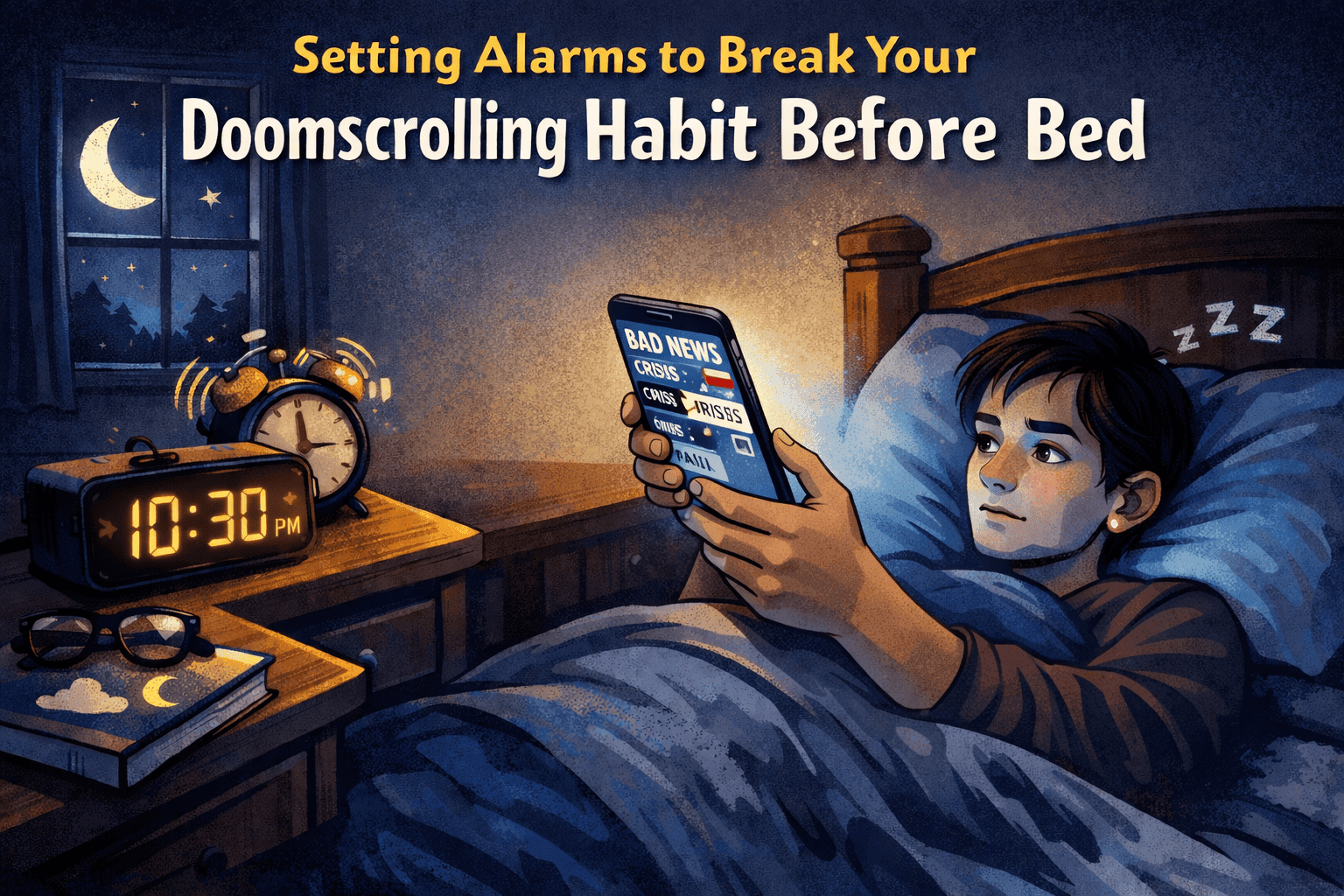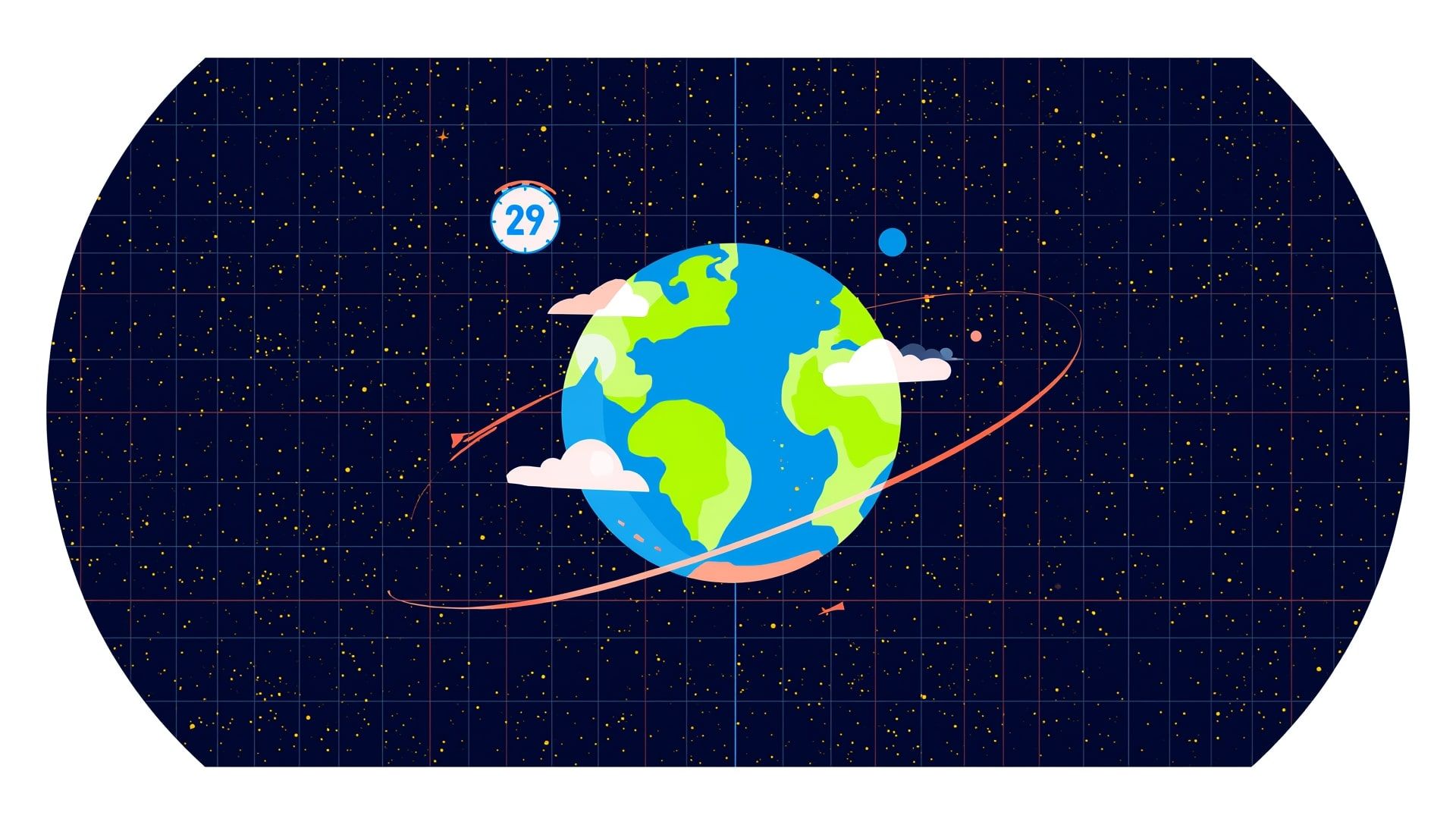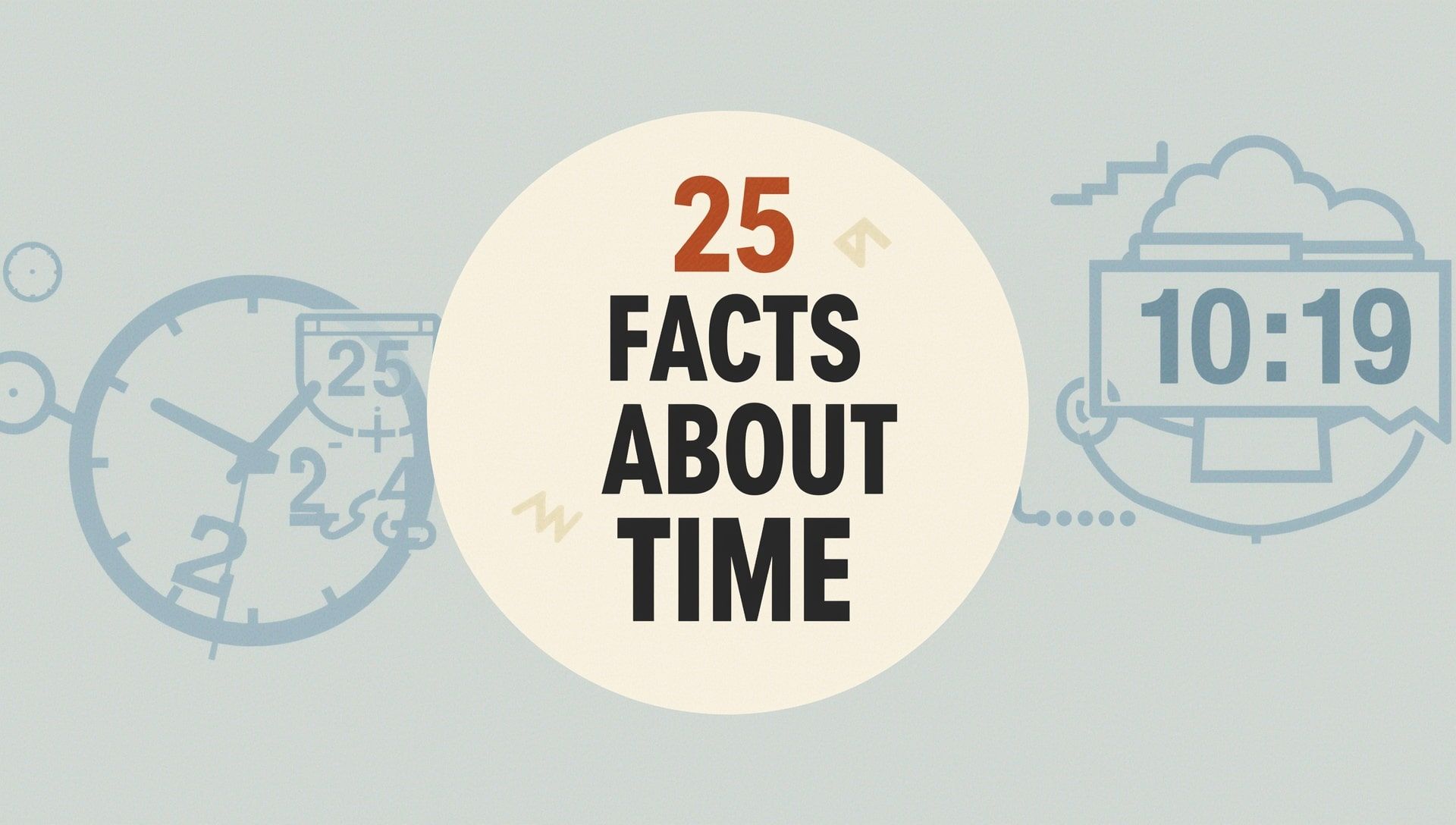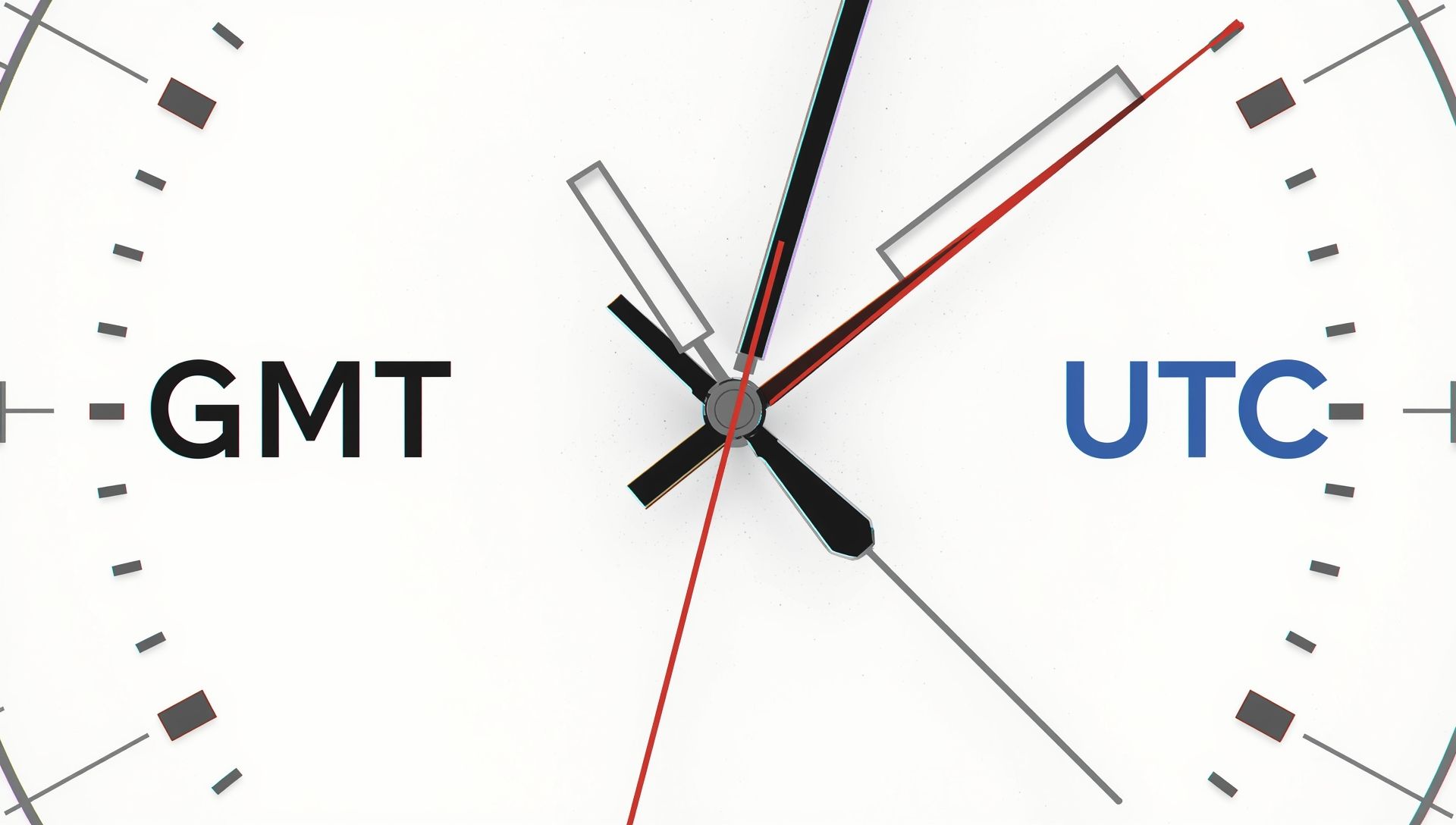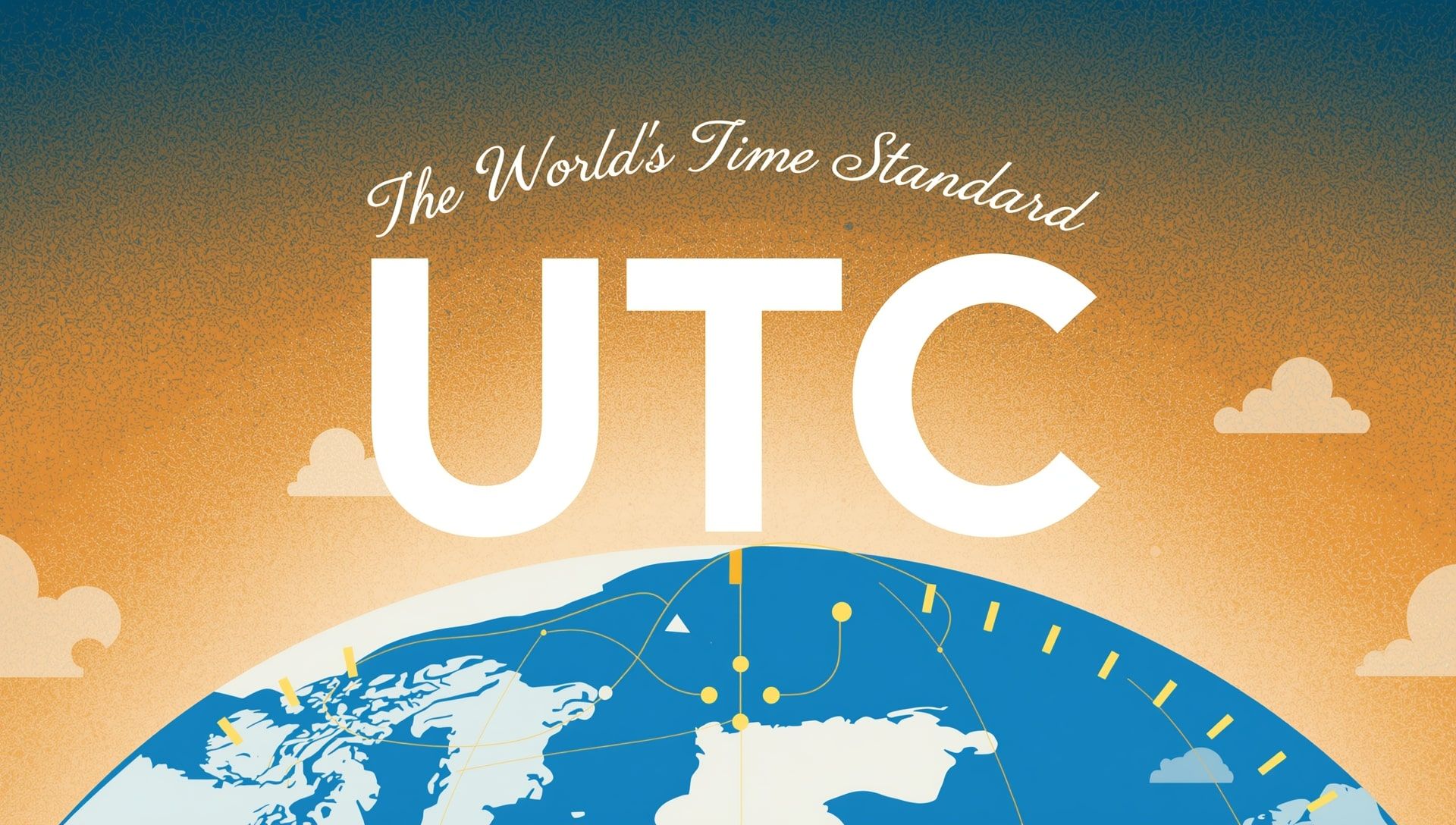You look up from your phone and an hour’s gone. You spend a weekend with friends and it feels like five minutes. But wait for a bus with nothing to do, and time crawls. It’s the same clock. But the feeling? Totally different. That’s the strange thing about time. Your brain doesn't just count it. It experiences it.
Your Brain Is a Terrible Stopwatch
We think time is steady. Sixty seconds is always sixty seconds. But how we feel time pass? That changes constantly. Your brain doesn’t have a built-in timer. Instead, it judges time based on what’s happening and how focused you are. Scientists studying the science of measuring time have found that perception shifts with context and focus.
That’s why two people in the same meeting can feel completely different about how long it took. One is into it. The other is checking the clock every three minutes.
Fun Floods Your Attention
When you're having fun, your attention is full. You’re not checking the time. You’re immersed. Focused. Your brain isn’t tracking the clock. It’s processing action, emotion, surprise, movement, and sound.
This uses a lot of brainpower, and that flood of input crowds out your sense of passing minutes. You look back and think, “How is it already over?” That mental overload is similar to how people describe why time feels faster as we age. The more familiar life becomes, the fewer fresh impressions are made.
Boredom Slows Everything Down
When you’re bored, the opposite happens. There’s little to engage with. Your brain has space to notice time passing. Seconds feel longer because you’re watching them tick by. This is why waiting rooms feel endless and silent elevators stretch forever.
That sense of dragging time isn't about the situation itself. It’s about how little your mind is being asked to do, a reminder of how perception can shift just like daylight saving time alters our external clocks.
Memory Also Plays a Trick
There’s a gap between how we experience time in the moment and how we remember it later. In the moment, fun flies by. But afterward, it feels rich and full because you made many new memories.
Boring stretches feel long when you’re in them, but later, they fade into a blur. Memory compresses them. That’s why some days feel long and uneventful, but the whole week feels like it disappeared. This “time compression” is one of the brain’s many ways to manage our sense of passing hours.
Why Novelty Stretches Time
New experiences slow your sense of time down, both during and after. Your brain has to work harder to process new information. This makes the moment feel longer and fills your memory with detail.
That’s why travel days feel longer than days at home. Even short trips feel like more happened. You saw, felt, and did more. Your brain noticed more. That creates the feeling of extended time, much like seeing new places on a world clock makes you more aware of time’s relativity.
What Speeds Time Up or Slows It Down
- Deep focus makes time feel fast in the moment
- Routine and repetition compress memory later
- Boredom stretches time while it’s happening
- Novelty slows time down and sticks in memory
- Stress, fatigue, or distraction warp both ends of time perception
It’s not just what you do. It’s how engaged your brain is while doing it. And how much of it gets stored when you look back. That’s why even something as simple as setting an alarm can subtly shape your relationship with time and awareness.
You Can Shift Your Sense of Time
You don’t need a life full of skydiving to make time feel longer. Just breaking the pattern helps. Take a different route to work. Eat something new. Try a short walk without your phone. Even tiny changes can create richer moments and slow the rush. The brain thrives on variation and holidays often serve as natural resets for that reason.
On the flip side, if life feels too fast, it might mean you’re not noticing enough. Slowing down, even briefly, can stretch the day in small but meaningful ways. Techniques like using a timer for mindful breaks can help you tune in to the moment.
Time Moves at One Speed, but We Don’t
Time itself doesn’t speed up or slow down. But our experience of it absolutely does. The brain works like a storyteller. Some chapters get pages of detail. Others get skipped entirely. The trick is finding ways to stay present in more of them.
So next time the day flies by or drags forever, know it’s not the clock playing tricks. It’s just your mind, doing what it always does. Measuring life by how it feels, not just how it ticks, much like how scientists explain why time feels fast or slow depending on what we’re doing.
